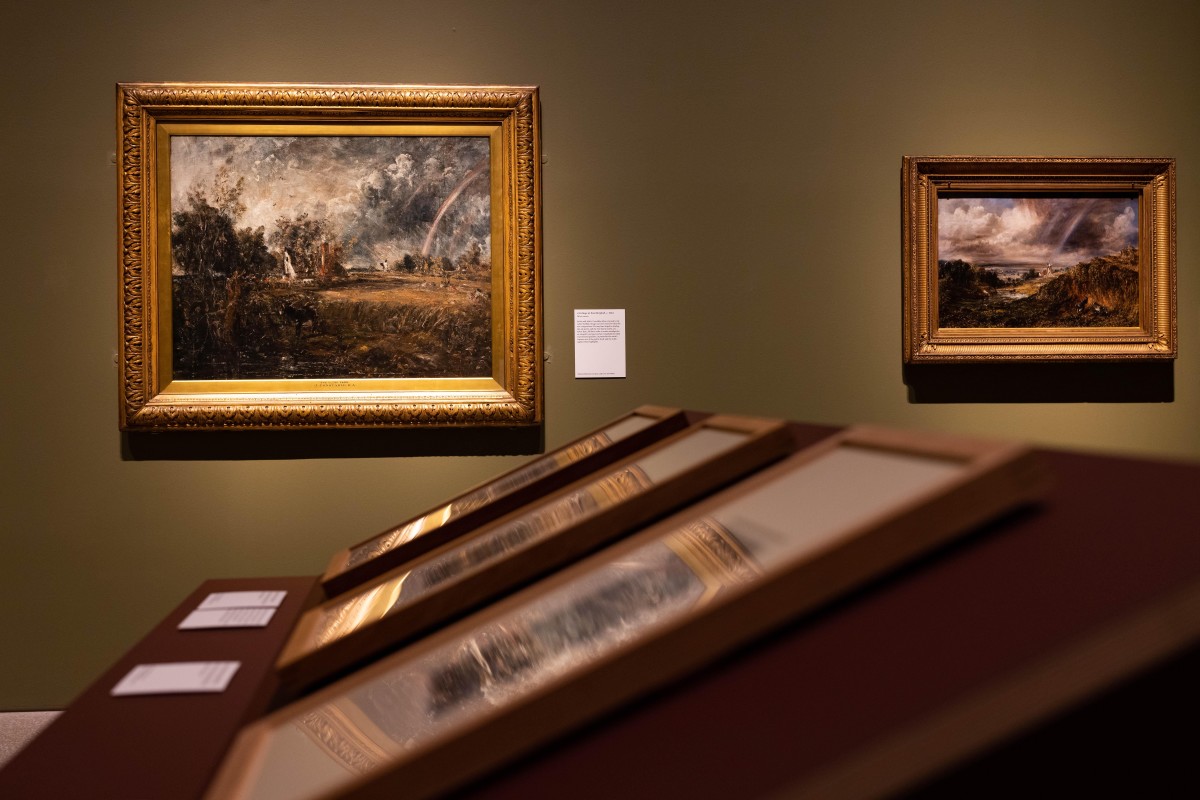

“Nothing more widely distinguishes man from man than energy of will,” she writes in a six-page essay, positing that a conquering will is composed of imagination, perseverance, and “enthusiastic confidence in the future.” But these elements are not weighted equally - she prizes above all perseverance, which fuels the “unwearied climbing and scrambling” toward achievement. (Available as a print)įrom the platform of her precocious girlhood, Margaret undertakes an inquiry into the building blocks of character. Cook from a rare English edition of Walt Whitman’s Leaves of Grass. Thoughts, silent thoughts, of Time and Space and Death. In an environment like mine, what may have seemed too lofty or ambitious in my character was absolutely needed to keep the heart from breaking and enthusiasm from extinction. Many years later, she would write in response to the frequent criticism of her uncommon drive, often mistaken for arrogance, as women’s confident resolve tends to be: Then, when I can, I read two hours in Italian. Perkins’s school, and study Greek till twelve, when, the school being dismissed, I recite, go home, and practise again till dinner, at two. Next, I read French - Sismondi’s Literature of the South of Europe - till eight then two or three lectures in Brown’s Philosophy. I rise a little before five, walk an hour, and then practise on the piano till seven, when we breakfast. She would come to describe herself as “the much that calls for more.” At fifteen, this is her daily routine: At twelve, she was conversing with her father in philosophy and pure mathematics.

When the first ringlets were snipped from her hair, he composed an ode to her head as a temple of divine intellect.

The year is 1825 and she is ineligible for any formal education, so she has taken the reins of her character into her own hands, with resolute guidance from her father - a man who has tempered his disappointment that his firstborn child was not a son with the choice to treat his eldest daughter like a creature with a mind. “I am determined on distinction,” Margaret Fuller (May 23, 1810–July 19, 1850) writes to her former teacher. This essay is adapted from the sixth chapter of Figuring.


 0 kommentar(er)
0 kommentar(er)
